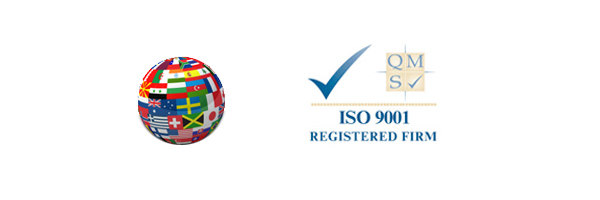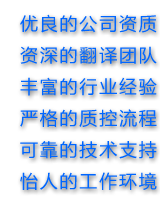什么是Controlled Composition?如何翻译
什么是Controlled Composition?如何翻译
在娱乐节目报道中,尤其是有关艺人交税的文章中,我们经常会碰到“Controlled Composition”这个表达。那么,Controlled Composition到底是什么意思,如何翻译呢?请看下列解释:
One of the key provisions in any record deal is known as the "controlled composition" clause. It is important that the artist understand this provision.
A controlled composition is related to the concept of mechanical royalties ("mechanicals"). Mechanicals are the fees paid by the label to the owner of the copyright ("song") - whether it is the artist or the artist's publisher - for the use of the song on a recording sold to the public. A controlled composition is a song written, owned or controlled by the artist. Many labels insist that any song written by the producer shall also be a controlled composition.
The purpose of a controlled composition clause is to put a limit on how much the label has to pay for each controlled composition. Labels want to put a limit on how much they have to pay to use the song, because unlike artist royalties, labels generally do not recoup advances, recording costs, etc. from mechanicals. Hence, in the record contract, labels will only offer an artist what is called a "rate" on controlled compositions. The rate is usually 75% of the minimum statutory rate set forth in the 1976 Copyright Law for each song. Further, the rate for an album is usually a limit of ten times the 75% minimum statutory rate. In other words, labels will only pay mechanicals on ten songs for any album at the reduced rate (and only two times the minimum statutory rate for singles), regardless of how many cuts are on the album. Labels will normally require an even further reduced rate of 50% of the minimum statutory rate for record club or budget record sales.
One potential problem that an artist faces with the controlled composition clause, is that generally such a clause requires a rate for all songs on the album. This issue becomes real when some of the songs recorded for the album are written by outside writers who refuse to accept a reduced rate. If the artist cannot convince the outside writer to take a reduced rate, the artist must pay out of his/her royalties the extra 25% payable to any producer or outside writer who will not agree to the 75% rate.
It is significant that under the 1976 Copyright Law the minimum statutory rate changes over time. The minimum rate is set to increase at certain yearly intervals based upon the U.S. Consumer Price Index. The label will want to lock-in the rate at a certain point in time, usually: (a) the date of signing the contract, (b) the date of recording, (c) the date of master delivery, or (d) the date of first release of the master. It is advantageous to the artist to get the latest possible date, since there is a strong chance the rate will go up.
Although it is usually the case that a new artist does not have much leeway with respect to negotiating a rate higher than 75% of statutory, it does not hurt to request a "full rate", or perhaps an 85% rate.
——选自:译声西安翻译公司
译声西安翻译公司目前是国内专业的翻译机构之一,译声西安翻译公司秉承“诚信 专业”的服务理念,为国内外客户提供一流翻译服务。了解更多信息:请直接致电:400-600-6870咨询。
发表评论:













